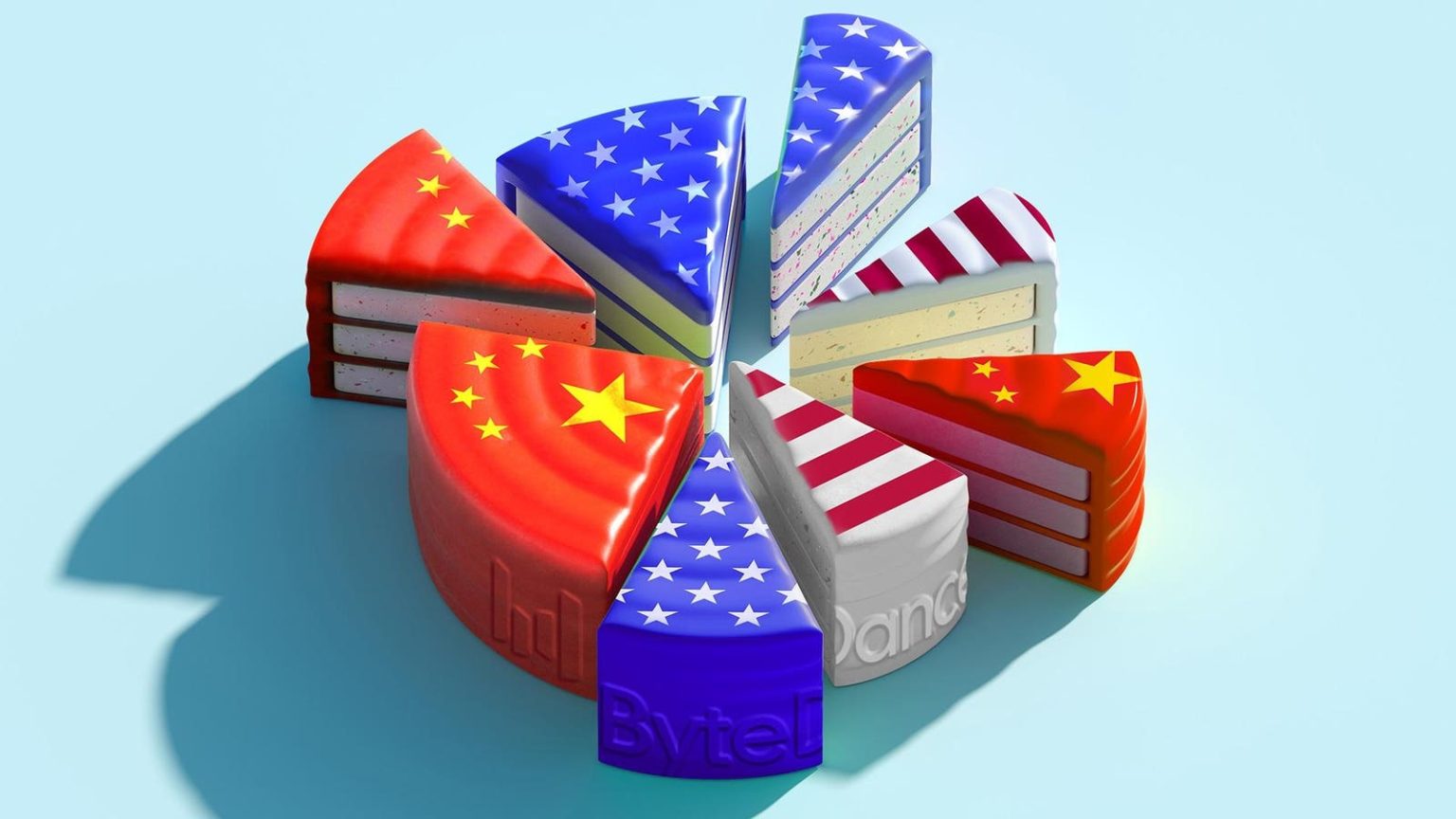TikTok’s Fate Hangs in the Balance as Supreme Court Looms and Sale Speculation Swirls
The future of TikTok in the United States hangs precariously as the Supreme Court prepares to rule on a potential ban as early as this Wednesday. The justices’ recent indications suggest they will likely uphold the federal law underpinning the ban, set to take effect on January 19th. This leaves a narrow window for President Biden to intervene with an extension or for Congress to pass new legislation, a bill introduced Monday, granting TikTok’s Chinese parent company, ByteDance, a 270-day reprieve. However, the most drastic solution remains a potential sale of TikTok’s U.S. operations to American owners, a prospect fraught with complexities and shrouded in uncertainty.
The looming ban intensifies the ongoing debate surrounding TikTok’s valuation, a figure made elusive by a confluence of factors. While ByteDance maintains its unwillingness to sell, a chorus of potential buyers, including billionaire Frank McCourt, have expressed interest. Adding another layer of intrigue, reports suggest the Chinese government is eyeing Elon Musk as a possible purchaser, a claim TikTok dismisses as "pure fiction." The true value of TikTok remains a central question, with estimates ranging from billions to hundreds of billions of dollars, contingent on the inclusion of its coveted algorithm and the circumstances of any potential sale.
The core of TikTok’s value lies in its powerful "recommendation engine," the algorithm responsible for the app’s addictive personalized content feed. This algorithm is the crown jewel, the secret sauce that drives user engagement and advertising revenue. While McCourt, leading a bidding group through his Project Liberty initiative, values the U.S. business at $20 billion without the algorithm, Wedbush analyst Dan Ives posits that with the algorithm included, TikTok could be worth a staggering $300 billion, even suggesting this figure might be conservative. The vast discrepancy highlights the difficulty in assessing the algorithm’s true monetary worth.
Several factors complicate the valuation process. TikTok’s status as a division of a private Chinese company, further obscured by its subsidiary structure within shell companies registered in the Cayman Islands, renders financial transparency near impossible. Discerning TikTok’s U.S. revenue, let alone profit, is a significant challenge. Moreover, the Chinese government’s minority stake in one of ByteDance’s other businesses introduces a geopolitical dimension. While China insists its influence is limited to non-U.S. operations, any sale would require its approval, adding a layer of political complexity to the already intricate financial equation.
A forced sale under the pressure of a temporary ban further muddies the waters. TikTok and ByteDance’s legal counsel argue a month-long shutdown could slash global ad revenue by 29%, potentially depressing the platform’s perceived value. Beyond the immediate financial impact, there are infrastructural costs associated with separating TikTok from its parent company. D.A. Davidson analyst Gil Luria notes the need for TikTok to rebuild infrastructure lost in a spinoff, a factor that would likely impact the final sale price. The accelerated timeline and requirement to purchase the entire U.S. franchise, as opposed to a more gradual IPO, further limits the pool of potential buyers.
Despite these complexities, several valuation approaches offer different perspectives on TikTok’s worth. McCourt’s $20 billion offer, mirroring Snapchat’s enterprise value, suggests a valuation based on user numbers, approximately $120 per user. A more traditional market-based approach, using a revenue multiple, yields vastly different results. Estimating TikTok’s 2024 U.S. revenue at $22 billion based on reported growth figures and applying a revenue multiple similar to competitors like Snap and Meta, analysts arrive at a valuation of $132 billion, significantly higher than McCourt’s offer. This figure, however, includes the invaluable algorithm. Finally, focusing on the algorithm itself, Ives’ $300 billion estimate underscores its perceived potential to monetize a highly engaged user base. Without the algorithm, estimates drop significantly, with Zgutowicz suggesting $55 billion and Ives placing it between $40 billion and $50 billion. The wide range of valuations underscores the challenges in pricing this unique and politically charged asset.


